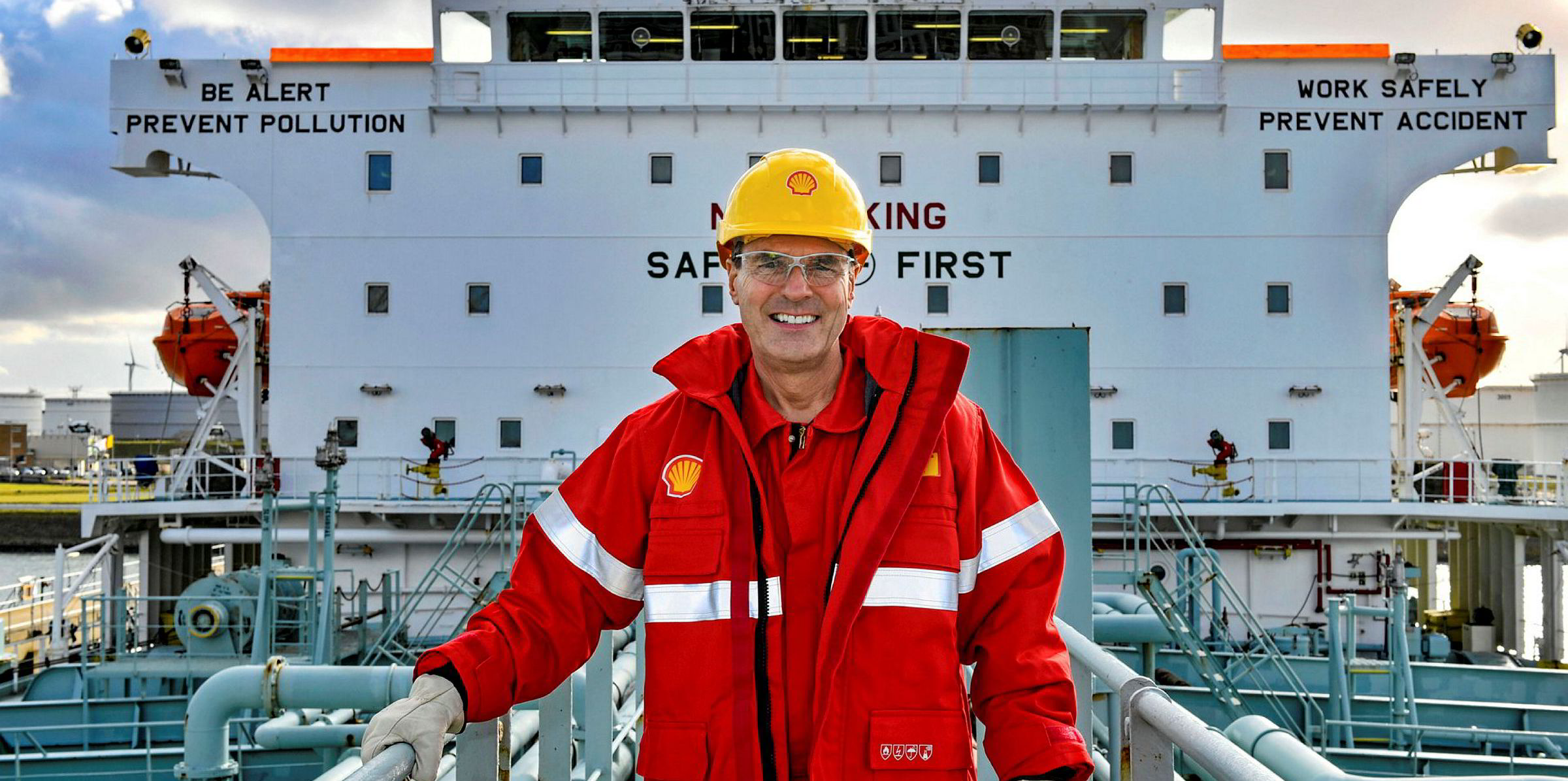A road map for the decarbonisation of shipping released by Shell on Tuesday is extremely welcome. The sense of urgency that runs through the report is particularly important when much of the industry’s focus is understandably lost on coronavirus and the need to stay afloat financially.
The oil major insists the document is not a Shell view but a compilation of interviews and workshops undertaken by accounting and consultancy firm Deloitte with dozens of leading lights around the maritime arena.
However, the Shell logo on it is important as the Anglo-Dutch business is hugely influential as a fuel provider, a ship user and a holder of capital — financial and political.
It is also fair to point out that anything that has an oil and gas company imprint on it should be treated with a tiny bit of care.
To an extent, the Shell report — Decarbonising Shipping: All Hands on Deck — is a summary of what many will say they already know, but it lays out useful timescales of where we need to go and be.
It is also thorough, clearly written and well laid out with helpful graphic and visual representations.
Sense of urgency
The document highlights how 90% of those interviewed — and that include shipowners, charterers, port operators and financiers — say decarbonisation is either important or a top priority.
This sense of urgency has “increased significantly over the past 18 months”, the report notes.
The report rightly suggests that the industry needs to do everything it can: now. That means every energy-efficiency measure from flexible ship designs that can incorporate changes in future fuels to hull streamlining.
It calls for cross-sector research to be ramped up and pilot projects to be increased while repeatedly stressing the need for global regulatory alignment. It also sees a role for the state — at least through procurement as a customer in scaling up demand.
We can see how the Norwegian government — through its Green Shipping Programme — has stimulated demand from Felleskjopet Agri and HeidelbergCement Group for two new zero-emissions bulker newbuildings.
The Shell report particularly stresses the need for new alliances and coordinated action — highlighting positive examples such as some financiers developing and agreeing the Poseidon Principles to coordinate green ship investment.
The need for this is increasingly important as shipowners such as Klaveness Combination Carriers, Oman Shipping and Mitsui OSK Lines announce their own “green” or “sustainable” bonds and loans.
There is already an ongoing row over whether the Climate Bonds Initiative (CBI) is fair to exclude LNG ships from its criteria when it allows nuclear vessels and bulkers that could carry coal.
The London-based non-governmental organisation of the same CBI name is at odds with the Poseidon Principles over this.
Need for clarity
The role of LNG needs clarification: is it a useful transition fuel or a time-wasting brake on full decarbonisation?
This is where we need to be cautious. Shell has invested massively in recent years in LNG and has a big vested interest in this being accepted as a transition fuel.
The write-down of up to $22bn worth of oil and gas assets by Shell last week reflects the changing tides
But it is also true that Shell chief executive Ben van Beurden has set his own goals for the company to become net-zero carbon by 2050.
The write-down of up to $22bn worth of oil and gas assets by Shell last week reflects the changing tides.
Shell argues that financial impairment is based on plummeting oil prices caused by the Covid-19 lockdown.
But there is no doubt that it also reflects a realisation that peak demand for oil has been brought forward.
A Financial Times column this week argues that we may now have already reached peak demand and less and less oil will be needed from now on.
As if to underline this point, electric car maker Tesla has just overtaken ExxonMobil in terms of US stock-market valuation.
Pros and cons
To be fair, both sides of the LNG argument are touched on in the Shell report — as are the pros and cons of hydrogen and ammonia as ship fuels of the future.
Another key issue raised in the document is the need for transparency on CO2 emissions — without which customers and investors are in the dark.
This comes back to the need for globally accepted standards. There are many questions raised in this report and we need answers: time is not on our side.
As one ship operator points out: “If we don't get our act together, we will still be talking about 10 different fuels when the [IMO] deadline flies by.”






